The
success of introducing 5G depends on you
The
first step is to ditch your smartphone
China's
Mass Surveillance App Hacked; Code Reveals Specific Criteria For
Illegal Oppression
5 March, 2019
Human Rights Watch got their hands on an app used by Chinese authorities in the western Xinjiang region to surveil, track and categorize the entire local population - particularly the 13 million or so Turkic Muslims subject to heightened scrutiny, of which around one million are thought to live in cultural 'reeducation' camps.
By "reverse engineering" the code in the "Integrated Joint Operations Platform" (IJOP) app, HRW was able to identify the exact criteria authorities rely on to 'maintain social order.' Of note, IJOP is "central to a larger ecosystem of social monitoring and control in the region," and similar to systems being deployed throughout the entire country.
The platform targets 36 types of people for data collection, from those who have "collected money or materials for mosques with enthusiasm," to people who stop using smartphones.
[A]uthorities are collecting massive amounts of personal information—from the color of a person’s car to their height down to the precise centimeter—and feeding it into the IJOP central system, linking that data to the person’s national identification card number. Our analysis also shows that Xinjiang authorities consider many forms of lawful, everyday, non-violent behavior—such as “not socializing with neighbors, often avoiding using the front door”—as suspicious. The app also labels the use of 51 network tools as suspicious, including many Virtual Private Networks (VPNs) and encrypted communication tools, such as WhatsApp and Viber. -Human Rights Watch
Another method of tracking is the "Four Associations"
The IJOP app suggests Xinjiang authorities track people’s personal relationships and consider broad categories of relationship problematic. One category of problematic relationships is called “Four Associations” (四关联), which the source code suggests refers to people who are “linked to the clues of cases” (关联案件线索), people “linked to those on the run” (关联在逃人员), people “linked to those abroad” (关联境外人员), and people “linked to those who are being especially watched” (关联关注人员). -HRW
*An extremely detailed look at the data collected and how the app works can be found in the actual report.
HRW notes that "Many—perhaps all—of the mass surveillance practices described in this report appear to be contrary to Chinese law, and also violate internationally guaranteed rights to privacy, the presumption of innocence, and freedom of association and movement. "Their impact on other rights, such as freedom of expression and religion, is profound," according to the report.
Here's what happens when 'irregularities' are detected:
When IJOP detects a deviation from normal parameters, such as when a person uses a phone not registered to them, or when they use more electricity than what would be considered "normal," or when they travel to an unauthorized area without police permission, the system flags them as "micro-clues" which authorities use to gauge the level of suspicion a citizen should fall under.
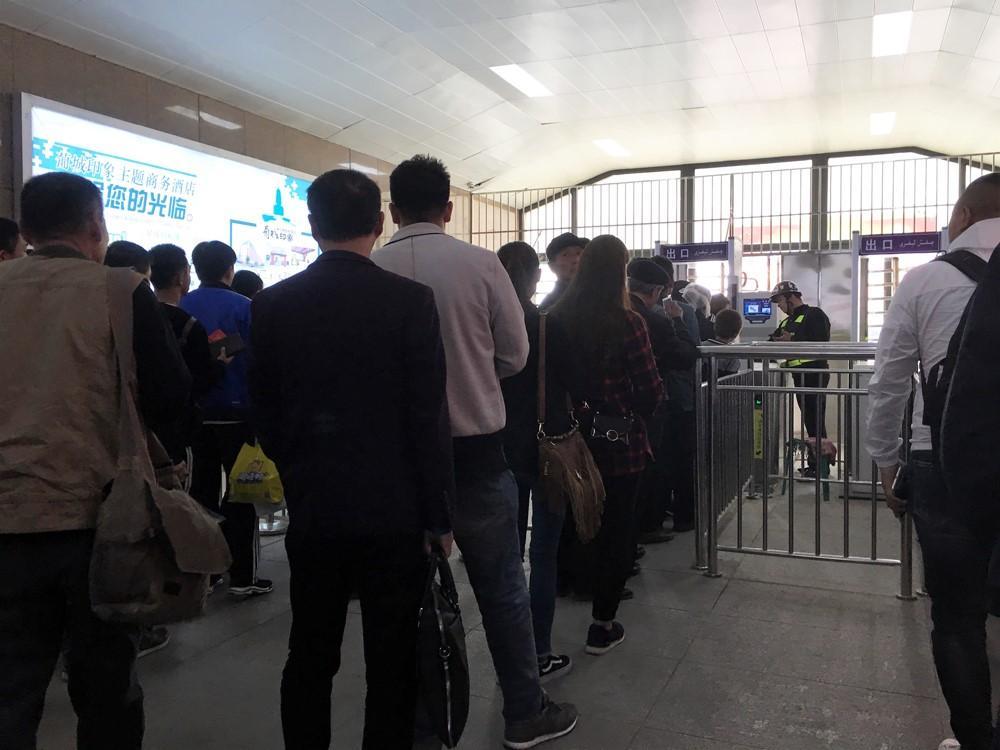
© 2018 Darren Byler
IJOP also monitors personal relationships - some of which are deemed inherently suspicious, such as relatives who have obtained new phone numbers or who maintain foreign links.
Chinese authorities justify the surveillance as a means to fight terrorism. To that end, IJOP checks for terrorist content and "violent audio-viusual content" when surveilling phones and software. It also flags "adherents of Wahhabism," the ultra-conservative form of Islam accused of being a "source of global terrorism."
A former Xinjiang resident told Human Rights Watch a week after he was released from arbitrary detention: “I was entering a mall, and an orange alarm went off.” The police came and took him to a police station. “I said to them, ‘I was in a detention center and you guys released me because I was innocent.’... The police told me, ‘Just don’t go to any public places.’... I said, ‘What do I do now? Just stay home?’ He said, ‘Yes, that’s better than this, right?’” -Human Rights Watch
The IJOP system was developed by a major-state owned military contractor - the China Electronics Technology Group Corporation (CETC). The app itself was developed by Hebei Far East Communication System Engineering Company (HBFEC), a company that, at the time of the app’s development, was fully owned by CETC.
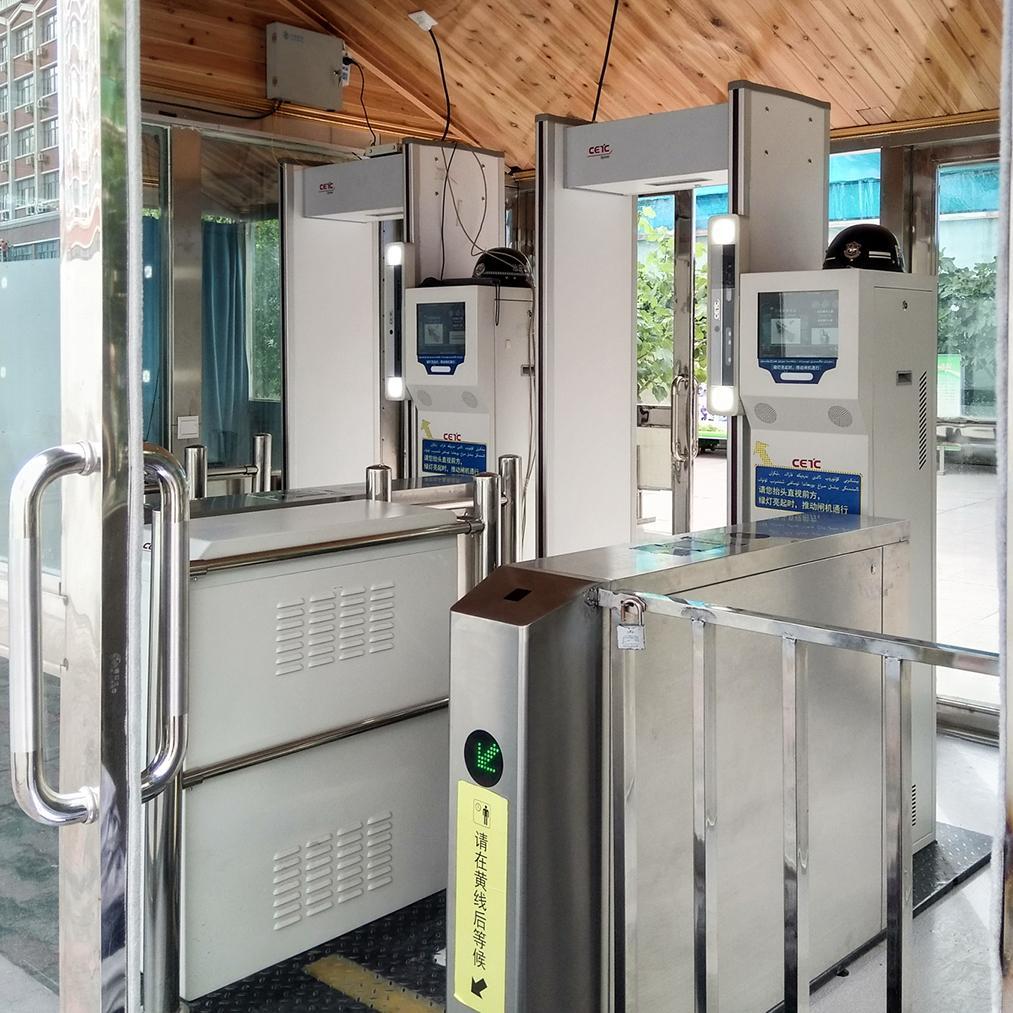
Credit: Joanne Smith Finley
Meanwhile, under the broader "Strike Hard Campaign," authorities in Xinjiang are also collecting "biometrics, including DNA samples, fingerprints, iris scans, and blood types of all residents in the region ages 12 to 65," according to the report, which adds that "the authorities require residents to give voice samples when they apply for passports."
The Strike Hard Campaign has shown complete disregard for the rights of Turkic Muslims to be presumed innocent until proven guilty. In Xinjiang, authorities have created a system that considers individuals suspicious based on broad and dubious criteria, and then generates lists of people to be evaluated by officials for detention. Official documents state that individuals “who ought to be taken, should be taken,” suggesting the goal is to maximize the number of people they find “untrustworthy” in detention. Such people are then subjected to police interrogation without basic procedural protections. They have no right to legal counsel, and some are subjected to torture and mistreatment, for which they have no effective redress, as we have documented in our September 2018 report. The result is Chinese authorities, bolstered by technology, arbitrarily and indefinitely detaining Turkic Muslims in Xinjiang en masse for actions and behavior that are not crimes under Chinese law.
Read the entire report from Human Rights Watch here.
Darwin
to build future on Smart technology based on cities in China and
Taiwan
DARWIN council will use Chinese inspired surveillance technology to gather data on what people are doing on their phones and to put up “virtual fences” that will instantly trigger an alert if crossed.

9 April, 2019
The
concept for the “Smart technology” comes from Shenzhen and has
seen facial recognition surveillance to create a controversial social
credit system where people earn or lose points based on the way they
behave.
Council’s
Innovation, Growth and Development Services general manager Josh
Sattler said the poles, fitted with speakers, cameras and Wi-Fi,
would allow council to gain data on how many people walk on what
footpaths and where they use certain websites and apps in the city.
“The
artificial intelligence program will be watching, we won’t be,”
he said. “We’ll be getting sent an alarm saying ‘there’s a
person in this area that you’ve put a virtual fence around’ …
boom an alert goes out to whatever authority, whether it’s us or
police to say ‘look at camera five’.”
The
CCTV component of the poles will be rolled out by Anzac Day with the
SmartCity platform to be finished by the end of financial year.
Mr
Sattler said Darwin would be the first city in Australia to adopt the
technology.
“At
the moment we’re going off whoever screams the loudest and
sometimes that doesn’t represent the full voice of the community,”
he said.
“It's
about having the data to make the informed decisions and we can get
benefits for the rest of the community.”
Mr
Sattler said the next six months would see major changes to the
technology and local businesses could be the big winners.
“(It
will tell us) where people are using Wi-Fi, what they’re using
Wi-Fi for, are they watching YouTube etc, all these bits of
information we can share with businesses … we can let businesses
know ‘hey, 80 per cent of people actually use Instagram within this
area of the city, between these hours’,” he said. “What does
that tell a business? Get on Instagram between these hours, put up
new posts, you’ll connect with a lot more people.”
Charles
Darwin University law lecturer Dr Jenny Ng said people can have a
technology friendly environment if they learn how to use it safely
and have a better understanding of the different levels of privacy.
“It’s
only fair to tell the public if the public wifi, for example, is less
secure than a personal wifi,” she said.
“In
such cases, if you want to have a highly secure network with high
privacy features on the Internet, you will have to use your personal
wifi which employs such features.”
Dr
Ng said the purpose of the Smart techology wasn’t for penalising
pedestrians as had been seen in Shenzhen.
“Their
intentions are different, they want to track your every move and come
up with a social credit system,” she said. “We don’t have that
system here, I don’t think we’re going to have it here anyway.”
Instead,
CCTV could act as it did in other parts of society.
China’s
Big Brother Social Control Goes to Australia
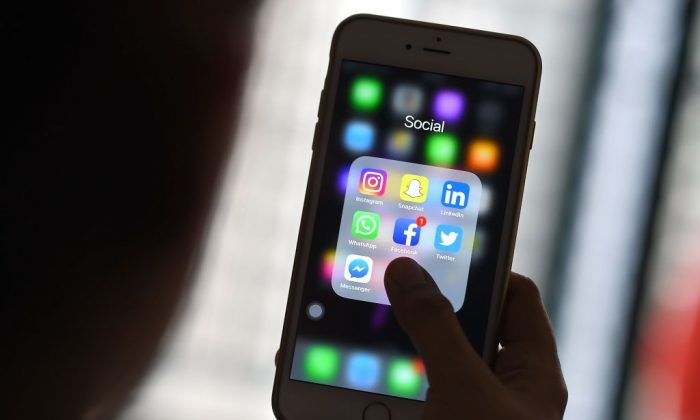
28
April, 2019
Australia
is preparing to launch its own version of the Chinese regime’s
high-tech system for monitoring and controlling its citizens. The
launch will be in Darwin, and will include systems to monitor people
and their activity on their cell phones.
The
new system is based on monitoring programs in Shenzhen, China, where
the Chinese Communist Party (CCP) is testing its Social Credit
System. Officials on the Darwin council traveled to Shenzhen,
according to NT
News to
“have a chance to see exactly how their Smart Technology works
prior to being fully rolled out.”
In
Darwin, they’ve already constructed “poles, fitted with speakers,
cameras and Wi-Fi,” according to NT News, which will monitor
people, their movements around the city, the websites they visit, and
what apps they use. The monitoring will be done mainly by artificial
intelligence, but will alert authorities on set triggers.
Just
like in China, the surveillance system is being branded as a “smart
city” program, and while Australian officials claim it’s
operations are benign, they’ve announced it functions to monitor
cell phone activity and “virtual
fences”
that will trigger alerts if people cross them.
“We’ll
be getting sent an alarm saying ‘there’s a person in this area
that you’ve put a virtual fence around’ … boom an alert goes
out to whatever authority, whether it’s us or police to say ‘look
at camera five’,” said Josh Sattler—the Darwin council’s
general manager for innovation, growth, and development
services—according to NT News.
The
nature of the “virtual fences” and what type of activity will
sound an alarm is still not being made clear.
The
system is being promoted as mostly benign. Sattler said it will tell
the government “where people are using Wi-Fi, what they’re using
Wi-Fi for, are they watching YouTube etc, all these bits of
information we can share with businesses … we can let businesses
know ‘hey, 80 per cent of people actually use Instagram within this
area of the city, between these hours’.”
The
CCP’s smart city Social Credit System is able to monitor each
person in the society, and tracks every element of their
lives—including their friends, their online purchases, their daily
behavior, and other information—and assigns each person a citizen
score that determines their level of freedom in society.
The
tool is a core piece of the CCP’s programs to monitor and persecute
dissidents, including religious believers and people who oppose the
ruling communist system.
Chinese
human rights lawyer and visiting scholar at New York University Teng
Biao described the Social Credit system as a new form of tyranny,
meant to reactivate the CCP’s totalitarian hold on society.
“In
the past, there was the Nazi totalitarianism and Mao Zedong’s
totalitarian system, but a totalitarian system powered by the
internet and contemporary technology has not existed before,” Teng
said, in a recent interview with The
Epoch Times.
“The
CCP is now taking the first step to build such a high-tech
totalitarian system, by using credit ratings and monitoring and
recording every detail in people’s daily life, which is very
frightening,” he said.
The
CCP is also not interested in keeping the technology within its own
borders. It is exporting the system, and its “China Model” of
totalitarian government, as a service in its One Belt, One Road
program. When the CCP builds its infrastructure abroad, its
surveillance and social control programs are part of the package.
And
in Darwin, Australia, there has been a push to jump on-board the
CCP’s program. The local officials made a “friendship” deal
with Yuexiu District, in Guangzhou, China, in 2018. According to The
Conversation,
the deal was branded by Chinese media as “part of President Xi
Jinping’s signature Belt and Road Initiative.”
This
followed a previous deal between Darwin and the CCP, where they
signed a 99-year lease of the Port of Darwin to a Chinese company and
the CCP. The Chinese owner, Ye Cheng, had referred to the deal as
being part of the One Belt, One Road program.
The
deals should also raise concern for U.S. Marines stationed
in Darwinunder
the Obama-era pivot to the Pacific, and whether the CCP is also able
to monitor data collected on cell phones from its systems in the
area. Under a 2011 deal between the United States and Australia, the
U.S. troops will be there until 2040.
And
of similar concern, the decision of Australia to begin implementing
the CCP’s programs for totalitarian social control represents a
major development in the CCP’s China Model push.
As
The Epoch Times has reported before, the CCP views Australia as a
testing ground for programs it wants to spread to the West. After
Australia comes Canada, then the United States—in an apparent
imitation of Mao Zedong’s strategy to “surround the cities with
the countryside.”



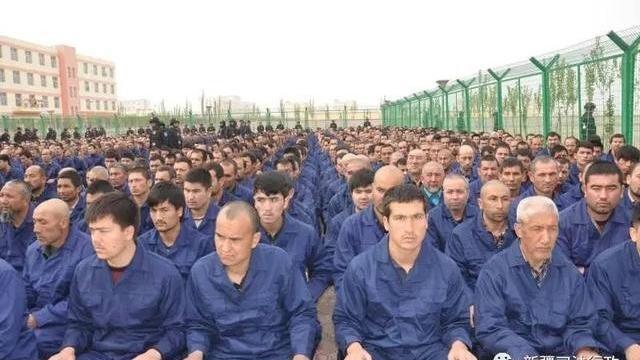
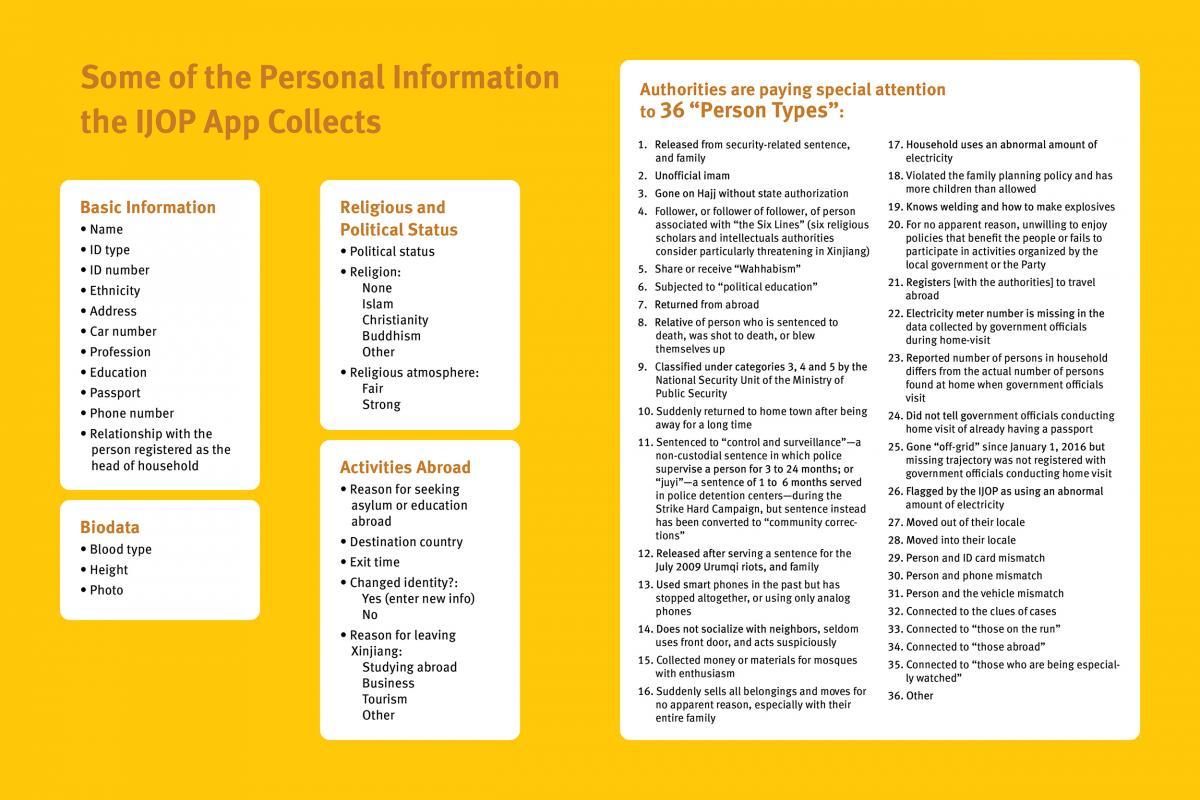
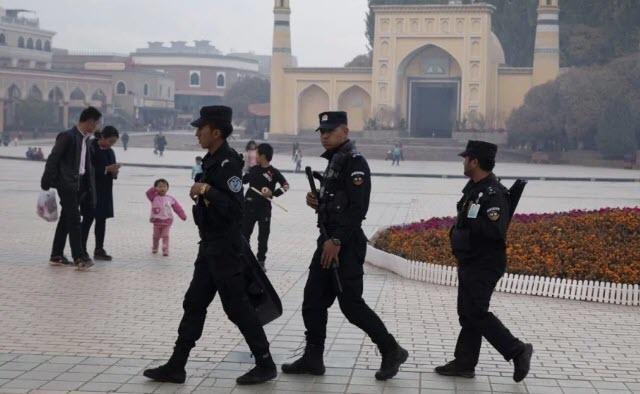
No comments:
Post a Comment
Note: only a member of this blog may post a comment.